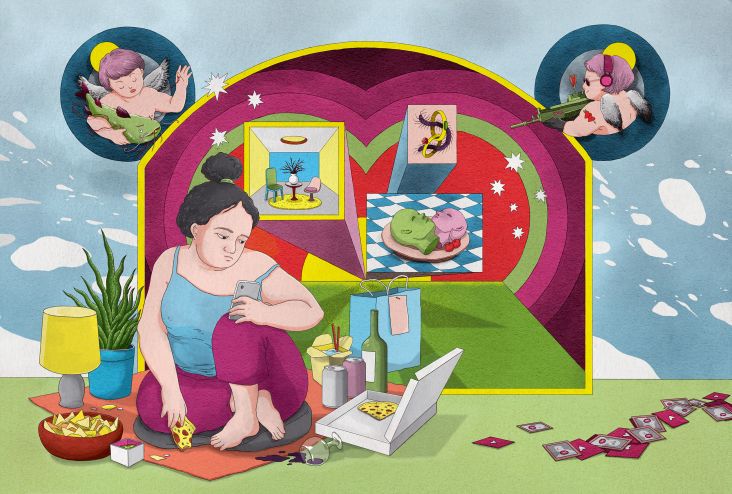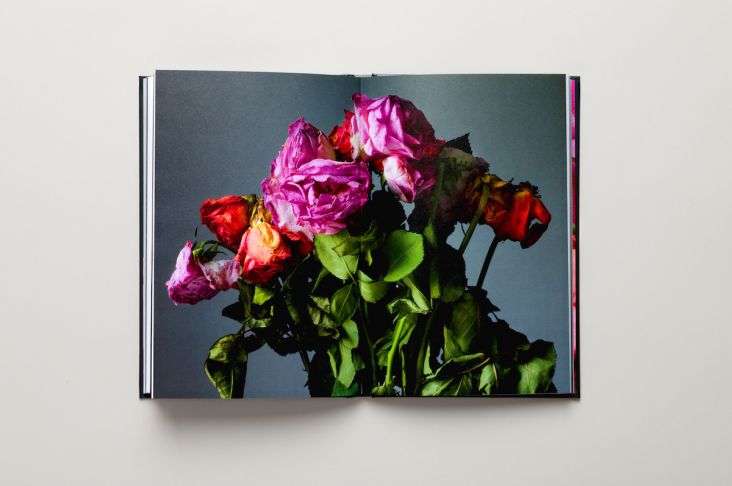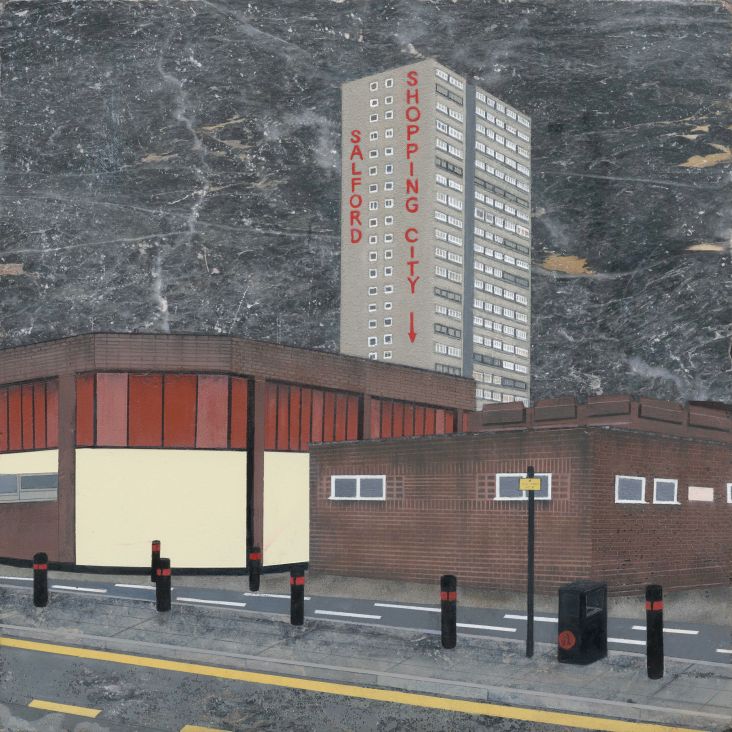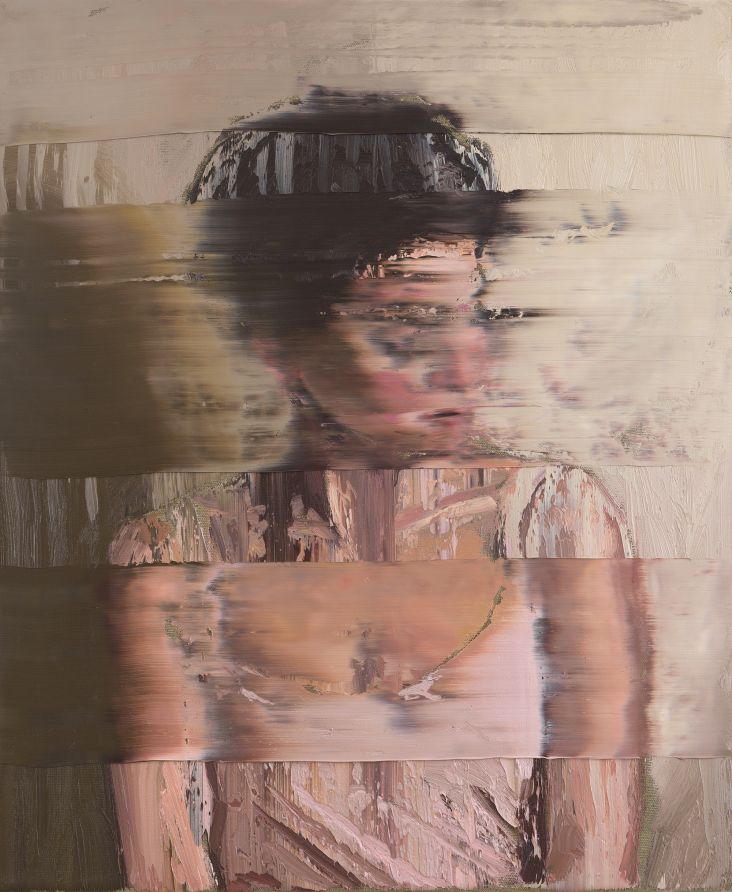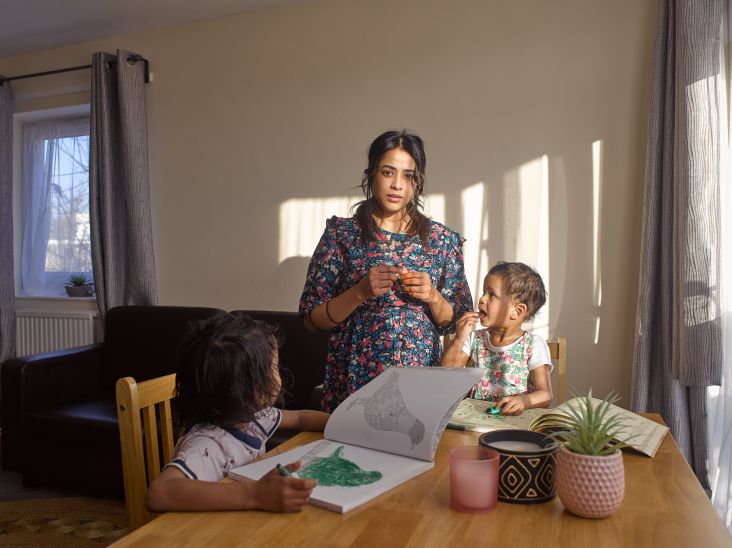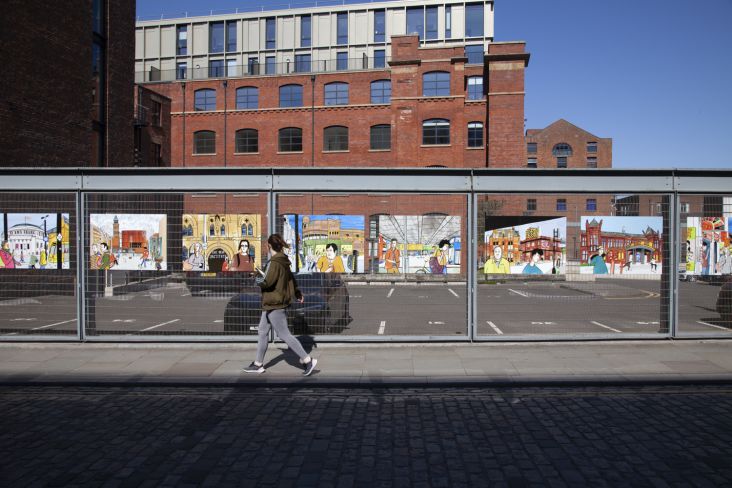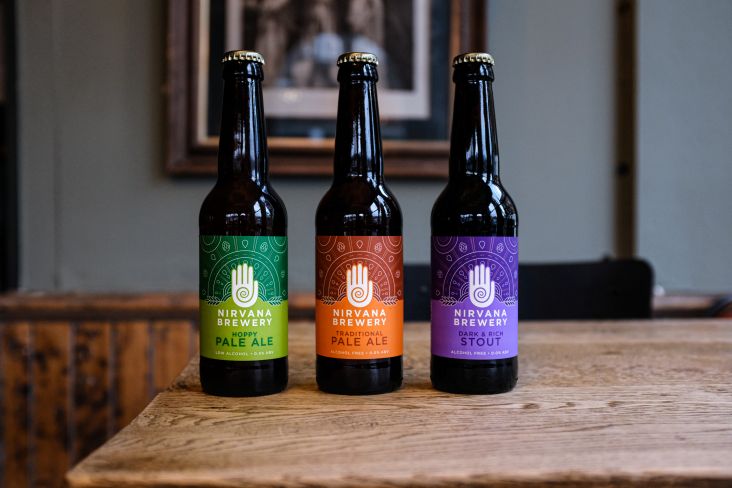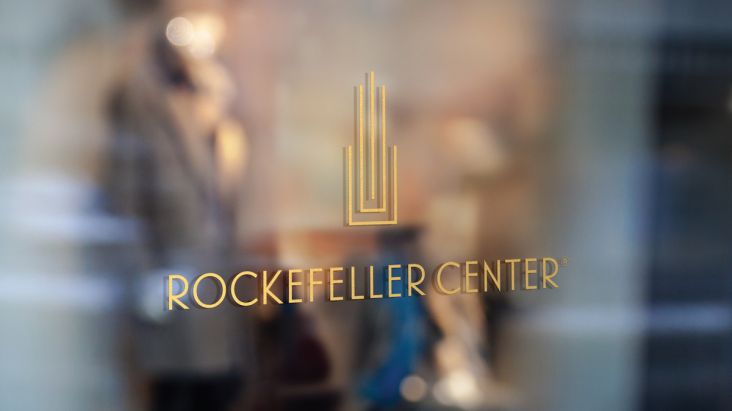Luke Woodhouse and Matt Smith of Ragged Edge on the significance of process in their practice and working with ambitious brands
London-based branding agency Ragged Edge is known for its sophisticated and striking identity creations, from its renowned rebrand of East London Liquor Co. to its conception, creation, refinement and release of fertility company MYLO which was achieved entirely remotely via the first lockdown of 2020.
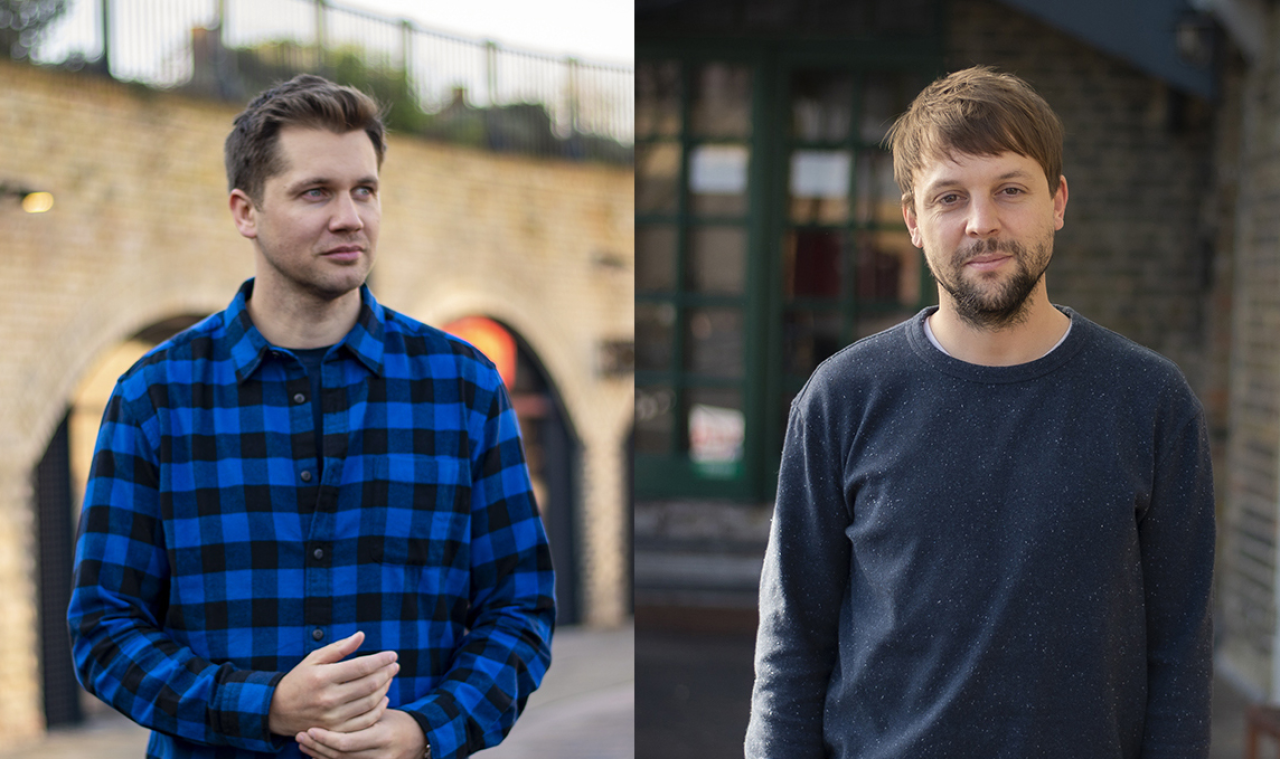
Continuing to make strides at the beginning of this year, we've spoken to Ragged Edge's creative directors Matt Smith and Luke Woodhouse, asking about the recent changes to the studio and the significance of 'process' in their practice.
Hello Luke and Matt! How've you been?
Luke: Pretty good, all things considered. Looking forward to getting vaccinated and out of lockdown, like everyone else.
The studio's kept us busy, so I'm feeling grateful for that opportunity. Ragged Edge has navigated the pandemic in a way that's really put the team first as much as possible, equipping us with the work and support we need to do the best job we can.
Matt: Yeah, just a sense of optimism about what's to come, really. It feels like we're building back up even stronger after the initial shock of the pandemic.
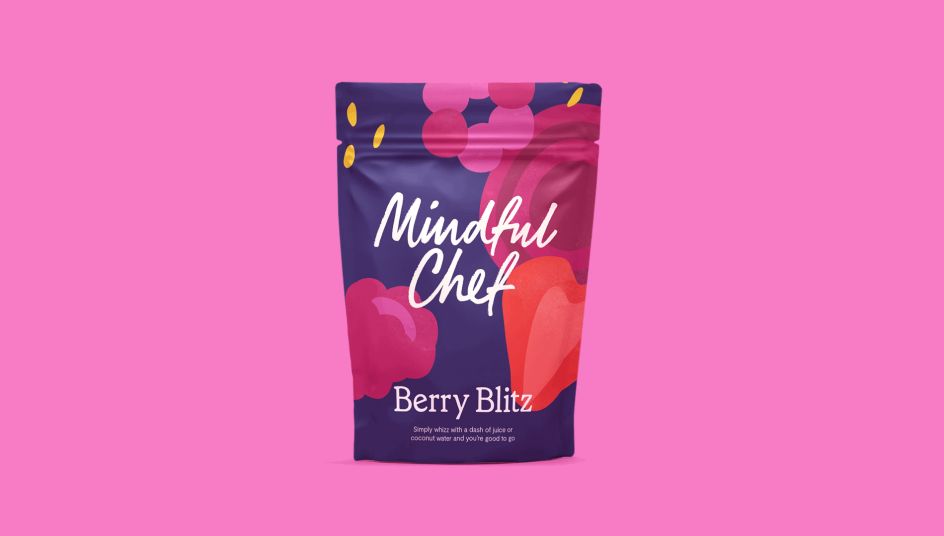
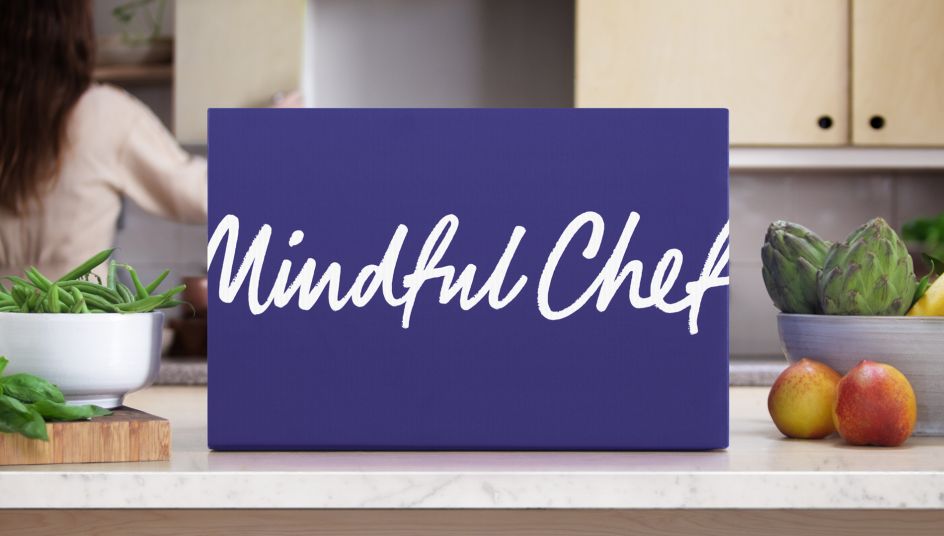
Has much changed for Ragged Edge since 2020? What's new? Have there been any changes that you think will stick around?
Matt: Like everyone, we've found it a good opportunity to reappraise the way we work. We've proved we can be more agile, and we'll be stronger for it in future. That being said, we're really looking forward to getting back into the studio.
Also, our client list has become increasingly international over the last 18 months. Whilst being apart from one another has its many downsides, it's also made the world feel a bit smaller, I think. That need for physical proximity is perhaps less important for companies when selecting their agency. That's been an exciting development.
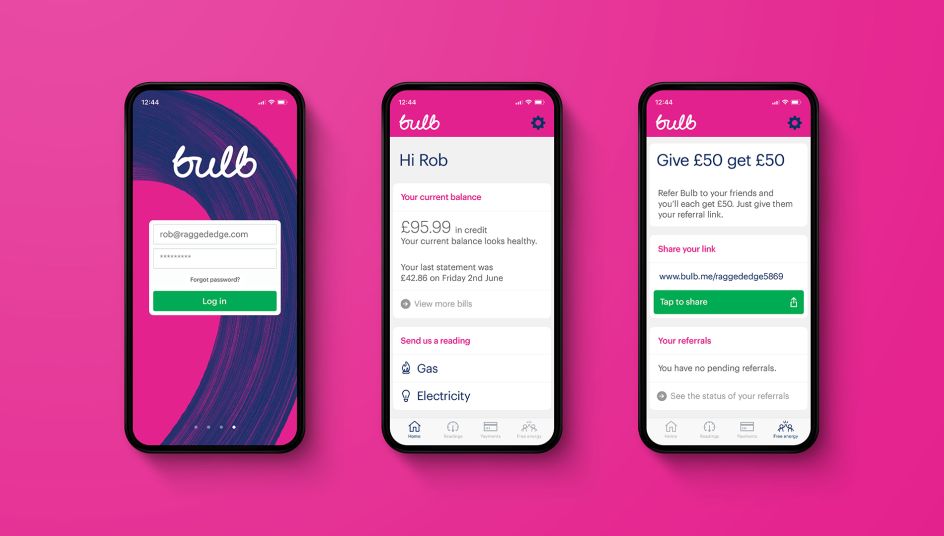

How has Ragged Edge changed over the years? Can you tell us the story behind Ragged Edge?
Luke: It's changed a lot. We've always been a group of people that learn by doing – and improving as we make our way through each new challenge. And so that means Ragged Edge is changing all the time.
Ragged Edge was co-founded by Max Ottignon and Matt Bland. Max is a self-taught designer, and Matt's a front-end developer. Their roles have changed a lot over the years, and so has the team around them.
We started as more of an integrated agency, working on a broad range of projects from brand to print, to big digital e-commerce projects, to events. At one point, we put on a party in Elton John's back garden for Grey Goose vodka.
But we've gradually become more specialised. Now we have a pretty single-minded focus - to use branding to drive change. That opens up some big challenges, from redefining categories to creating new ones.
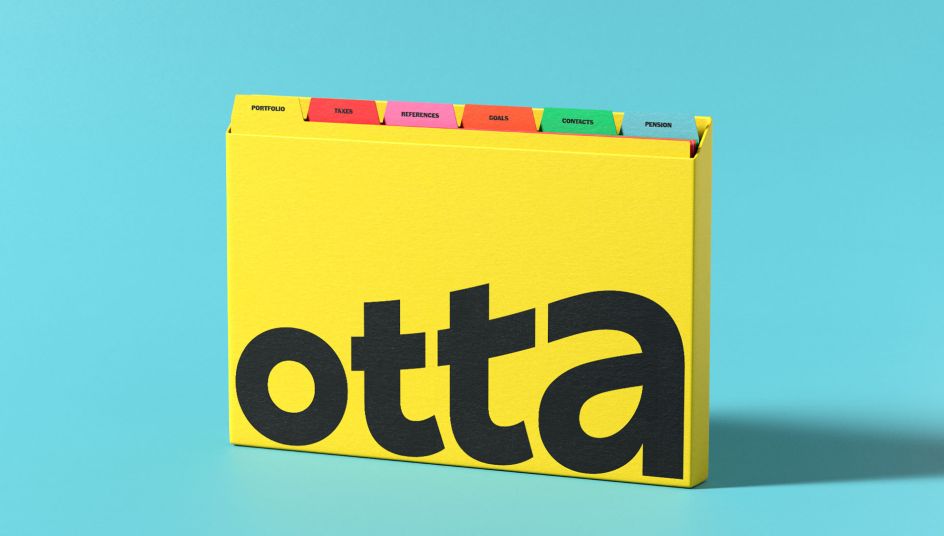
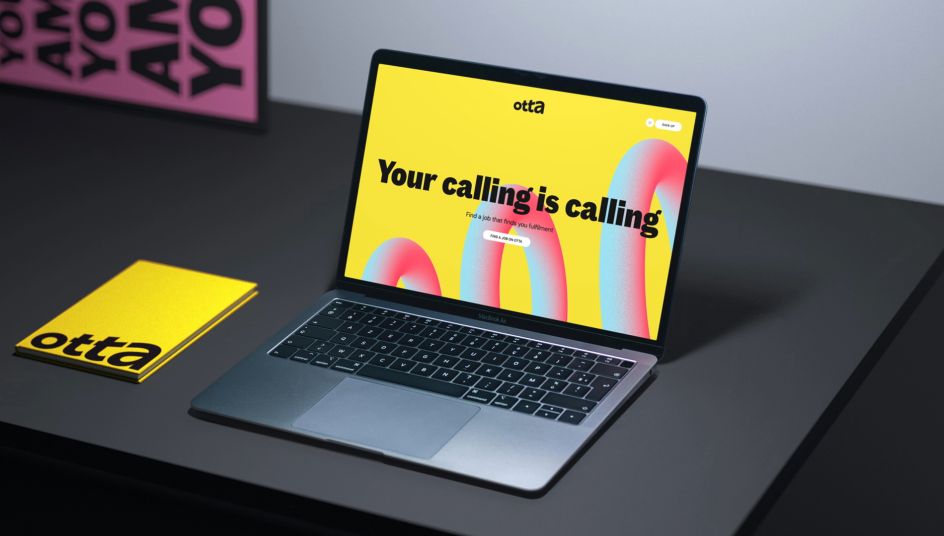
Have your interests changed as a studio? Where do you now find the inspiration for the projects you work on?
Luke: Whilst quality execution has always been close to our hearts, we've realised it can never be the starting point. We challenge each other constantly to find new avenues for inspiration. Just the other day, one of our senior designers gave a talk on being inspired by cake decorating profiles on Instagram. It was great to hear her speak about something so niche, helping her think differently about her work.
Matt: When we get an opportunity to completely redefine how people think about a product, a category or an idea, that's what really excites us. Creating genuine change is the hardest thing in branding, and it has to start with a big, transformational idea. That's why we have strategists, writers, designers and client services all collaborating throughout the project. Those ideas can and should come from anywhere. With diverse heads bringing multiple perspectives, it keeps things fresh.
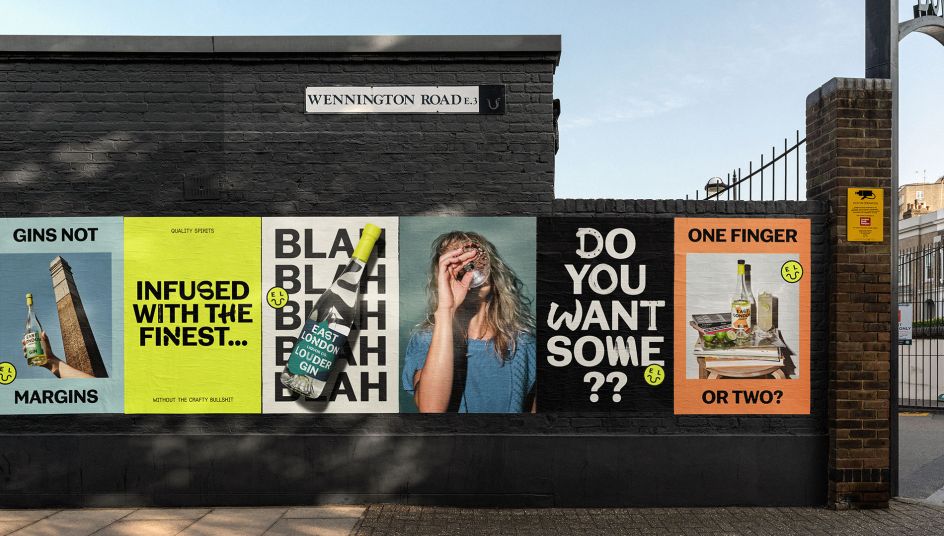
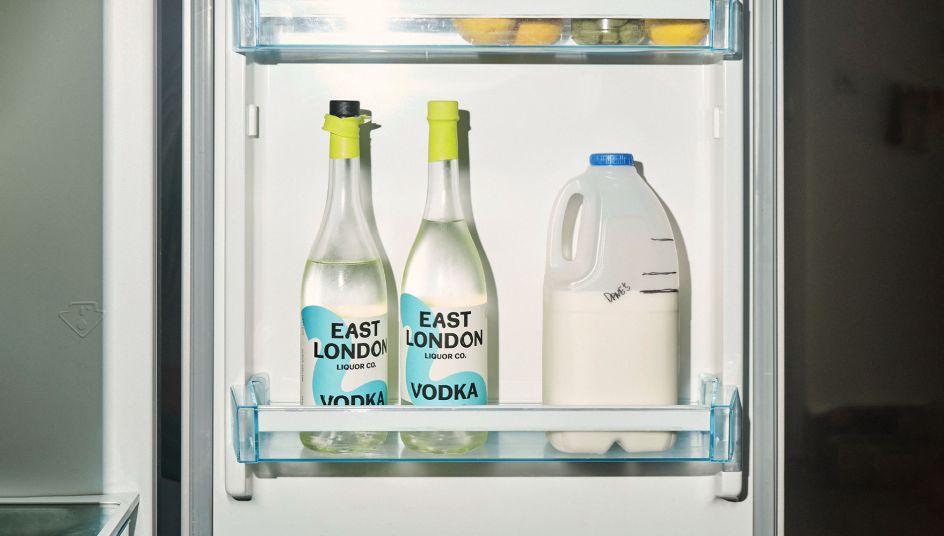
What projects have you been working on recently? Has the entire lifecycle of many projects existed purely within lockdown?
Matt: Ha – Yes, it's hard to remember a project that wasn't created in some sort of lockdown at this point. We are fully adapted.
We're lucky to have a number of exciting briefs coming through the studio for brands from wildly different sectors – from luxury luggage to mental healthcare to electric cars. We thrive on this variation. The thing that unites all of these clients is their bravery and desire to shake up their category. And that's no coincidence.
Luke: We've already launched Otta and Mindful Chef this year. Both hugely ambitious brands. The Mindful Chef project had a special feeling about it since we'd created the original brand back in 2014. Helping them update for their new phase of growth was a real pleasure.
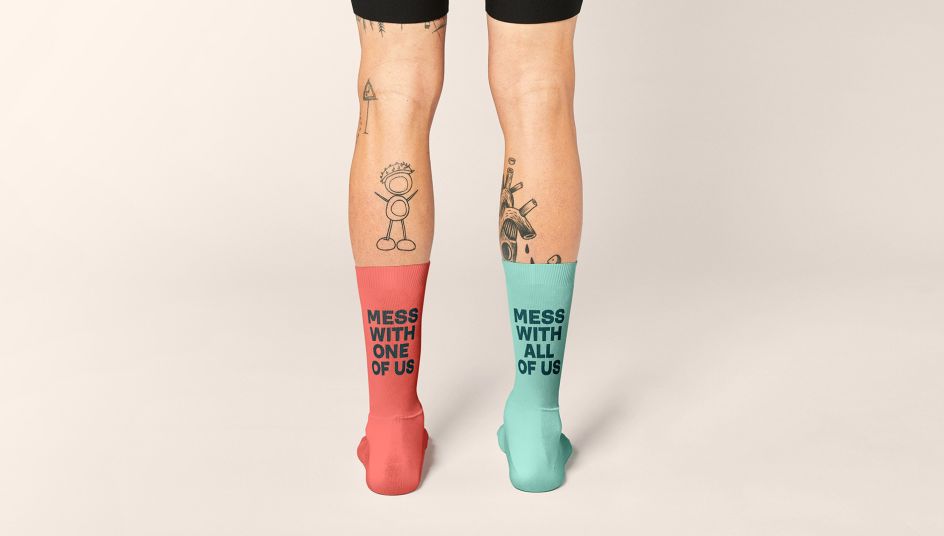
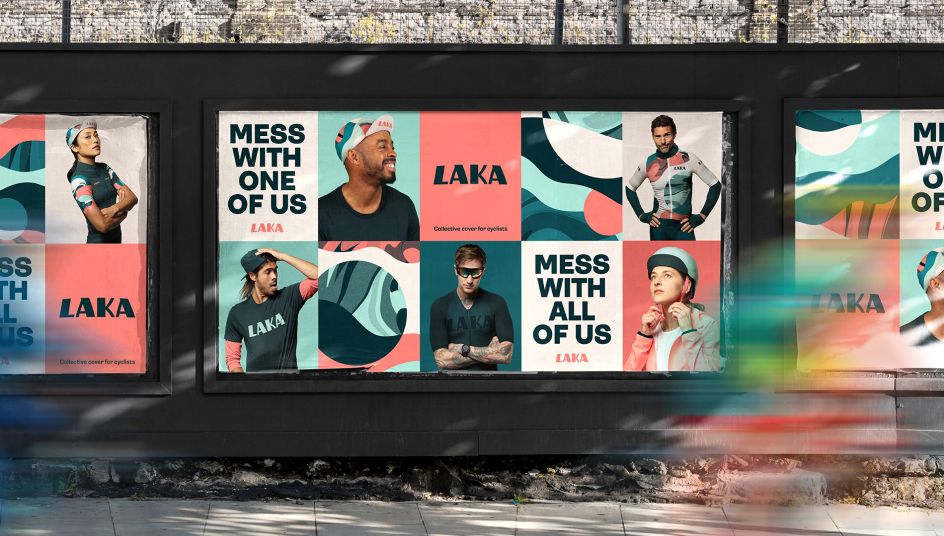
What do you find most rewarding in your work?
Luke: There's a mixture. Seeing the team create great work in a fluid and inspiring creative process is really rewarding. And then seeing that work generate real change and momentum for our clients keeps that feeling going.
Your work is uber-contemporary; you're always at the forefront of what is happening! Does your work ever playoff trends, and how significant is contemporary culture in the research of your projects?
Luke: Our goal is to create things that are surprising, that you remember. I'm not sure contemporary cultural references are that significant for us. We're always looking for universal human truth to reframe in a way that's new or interesting or makes you reappraise what you once thought.
Matt: Yeah, our creative decisions are always led by the idea rather than any attempt to ride a trend. It's important to us not to fall into a house-style. The variation in our clients demands it. I guess in holding ourselves to that standard; we have to keep things moving forward visually. But we're looking for something more timeless. We want to create brands that will feel just as relevant in 5 years as they do today.
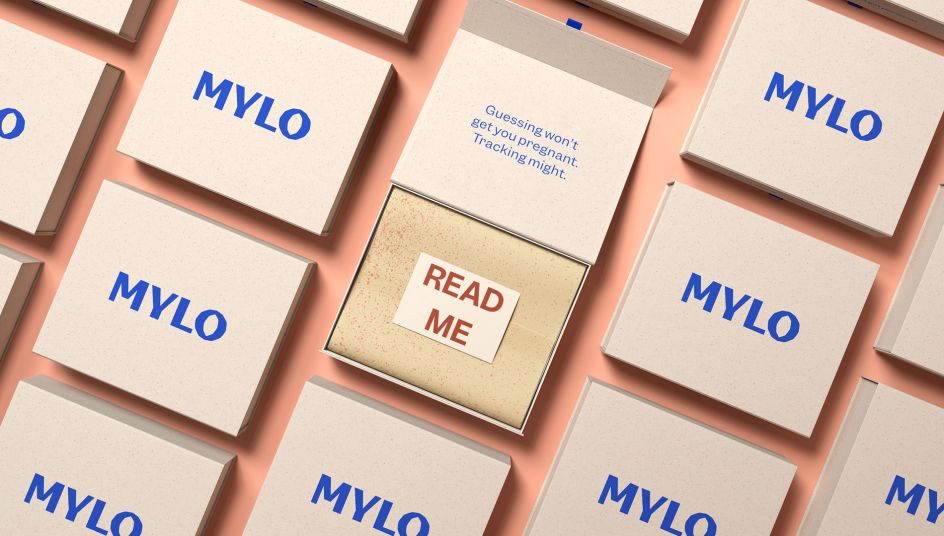
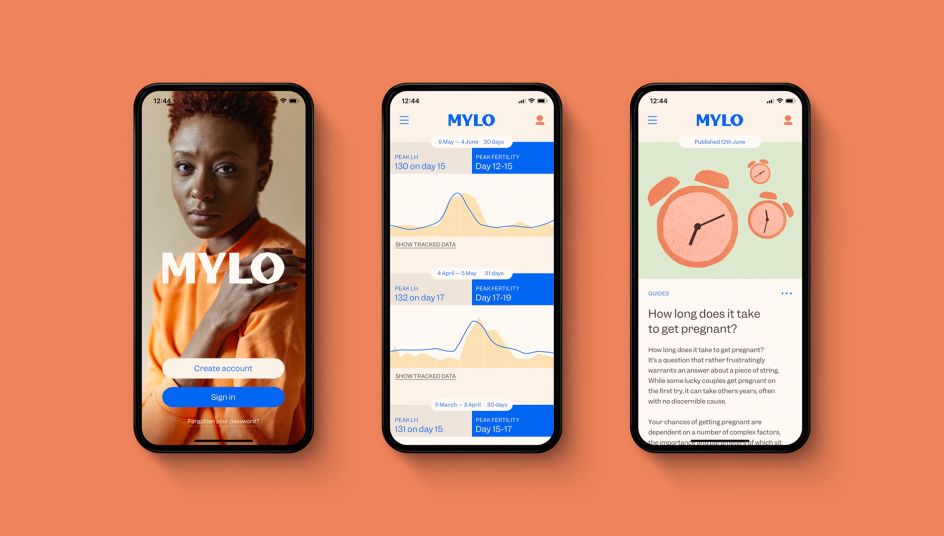
What is the process of Ragged Edge's practice? How important is process, and how collaborative is the studio?
Luke: The process is one of the most important parts of how we work. We've honed it over the years. A good process will get the best out of a talented team and client. We really believe in the power of collaboration, which includes everyone.
Matt: A big part of our process involves sharing ideas early before they are fully formed. It's tough, you can feel exposed, but it means there's no time for being precious. And while it helps the sense of co-creation, it also really encourages brave decisions. It's easier to have conviction in the potential of an idea compared to a finished thing you're looking at for the first time. And that's what we're striving for, conviction over consensus.
Luke: Brands aren't a logo or a piece of typography; they're ideas that live in people's heads. So we need every element of the brand to be pulling in the same direction for that to be successful.
What sort of projects do you want to do more of?
Luke: We're always looking to work with clients who want a partner to support them in implementing their brand in the real world. When we do this, we see real impact, helping them bring these worlds to life and affect real change. Ultimately, if the brand you create only exists in a PDF, does it really exist?
Matt: Honestly, the best thing about this job, for me, is that no two projects are the same. And long may that continue.
What do you want to see more of in the creative industry? What are you doing in pursuit of this?
Luke: We would like to see more individuality, more viewpoints, more variety in the work and how it's presented. And generally more 'difference'. It's something we talk about a lot with our work; how we can frame 'difference' and how the brands we create can be meaningfully different from their competition.
Matt: I think we've had to take a good look at ourselves of late and accept that we could be doing more to really push for those different perspectives to be represented at Ragged Edge and throughout the industry. It's been invigorating. And we're taking real steps to be better in that regard, including more actively recruiting people who bring a different world view.
What questions do you wish people asked you?
Luke: Fancy a beer? I haven't heard that for a while.




 by Tüpokompanii](https://www.creativeboom.com/upload/articles/58/58684538770fb5b428dc1882f7a732f153500153_732.jpg)


 using <a href="https://www.ohnotype.co/fonts/obviously" target="_blank">Obviously</a> by Oh No Type Co., Art Director, Brand & Creative—Spotify](https://www.creativeboom.com/upload/articles/6e/6ed31eddc26fa563f213fc76d6993dab9231ffe4_732.jpg)








